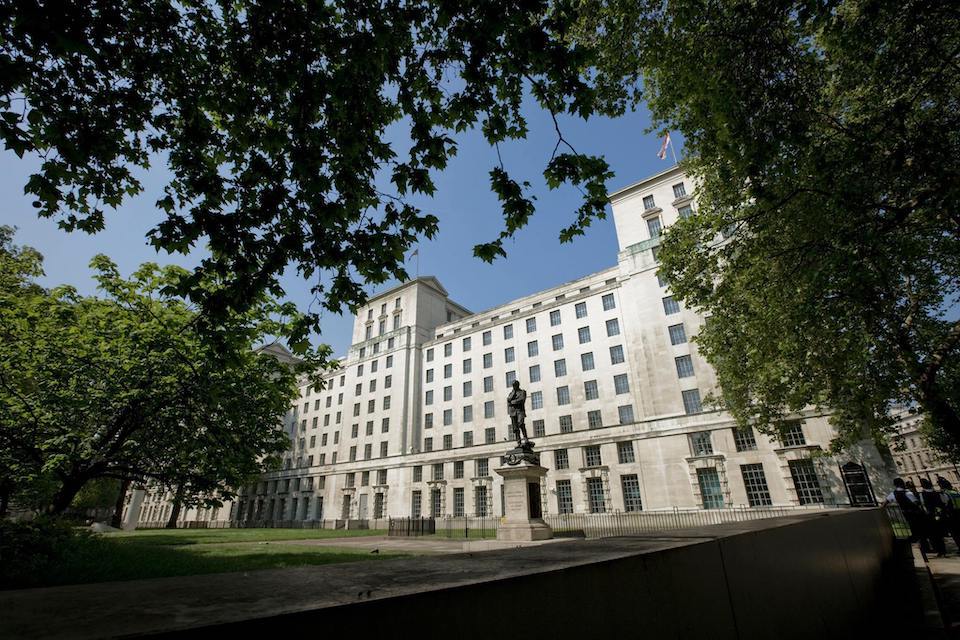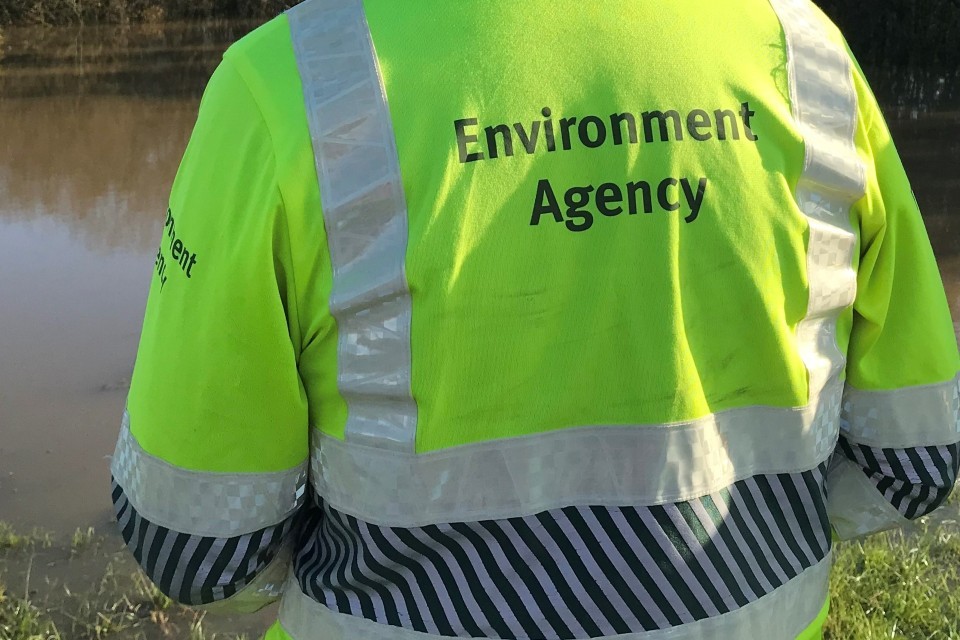- Parliament recalled to introduce emergency powers that will allow the Government to protect the Scunthorpe site
- Unique action to gives the best chance of safeguarding steelmaking, protecting jobs, national security and supply chains.
- This strategic decision aims to secure domestic steel production for nationally important projects like airports, rail and housing and deliver growth at part of the Plan for Change.
Steelmaking is set to continue in Scunthorpe following urgent action by the UK Government on Friday 11 April.
The Prime Minister requested the recall of Parliament to vote on emergency legislation to prevent the blast furnaces being shut down.
The move will maximise the chances of securing domestic steel production – a crucial national capability which was at risk of collapse under the site’s current ownership. This is a very specific intervention taken in exceptional circumstances.
British Steel’s owners Jingye confirmed their intention to close the blast furnaces at Scunthorpe immediately, despite months of negotiations in good faith and a generous offer of co-investment from the UK government of £500 million.
If the blast furnaces were to be immediately switched off, this would put at severe risk the future of steelmaking at this unique site.
The legislation will give the Government the power to direct the company’s board and workforce, ensure they get paid, and order the raw materials to keep the blast furnace running.
In the meantime, the Government has instructed the company’s UK management to continue the running of the plant to ensure the furnaces keep burning. This legislation means that anyone employed at the plant who takes steps to keep it running, against the orders of the Chinese ownership, can be reinstated if sacked for doing so.
Steel is vital for both the UK’s national security and manufacturing, and crucial for the Government’s mission to build 1.5 million new homes in the UK as part of its Plan for Change, with construction projects requiring millions of tonnes of steel.
Given global economic instability, it is crucial that manufacturing is protected at home. That’s why the Government took action earlier this week to support the car industry by easing the path to the EV mandate and deliver a £30 million package to support the reopening of Doncaster Sheffield Airport, which is expected to support 5,000 jobs and boost the economy by £5 billion.
Business Secretary Jonathan Reynolds said
“We will always do what is necessary to keep Britain secure at home and strong abroad. We are doing what previous governments have failed to, acting in the national interest to help secure UK steelmaking for the future.
“We negotiated with British Steel’s owners in good faith ever since coming to office. We made a generous offer of support to the company and I am deeply disappointed that we have been forced to take these measures, but Jingye have not been forthright throughout this process, and left us no choice but to act.
“We’re in a new and changing world where it’s never been more important to support our security and build our resilience, so that we can have strength abroad and renewal at home, and that’s what this government has done.”
A Bill was voted on by MPs on Saturday 12 April to ensure continuity of production at the Scunthorpe site – avoiding the danger and cost of allowing it to stop.
Funding for the site will come from the Government’s £2.5bn steel fund, to help rebuild the industry over the next five years.
NOTES TO EDITORS
- All funding required for the site will come out of existing budgets, within the departmental spending envelope set out by the government at Spring Statement 2025.No further government borrowing is envisaged to support any intervention
- As the Chancellor and PM have made clear, the UK’s fiscal rules remain non-negotiable.








